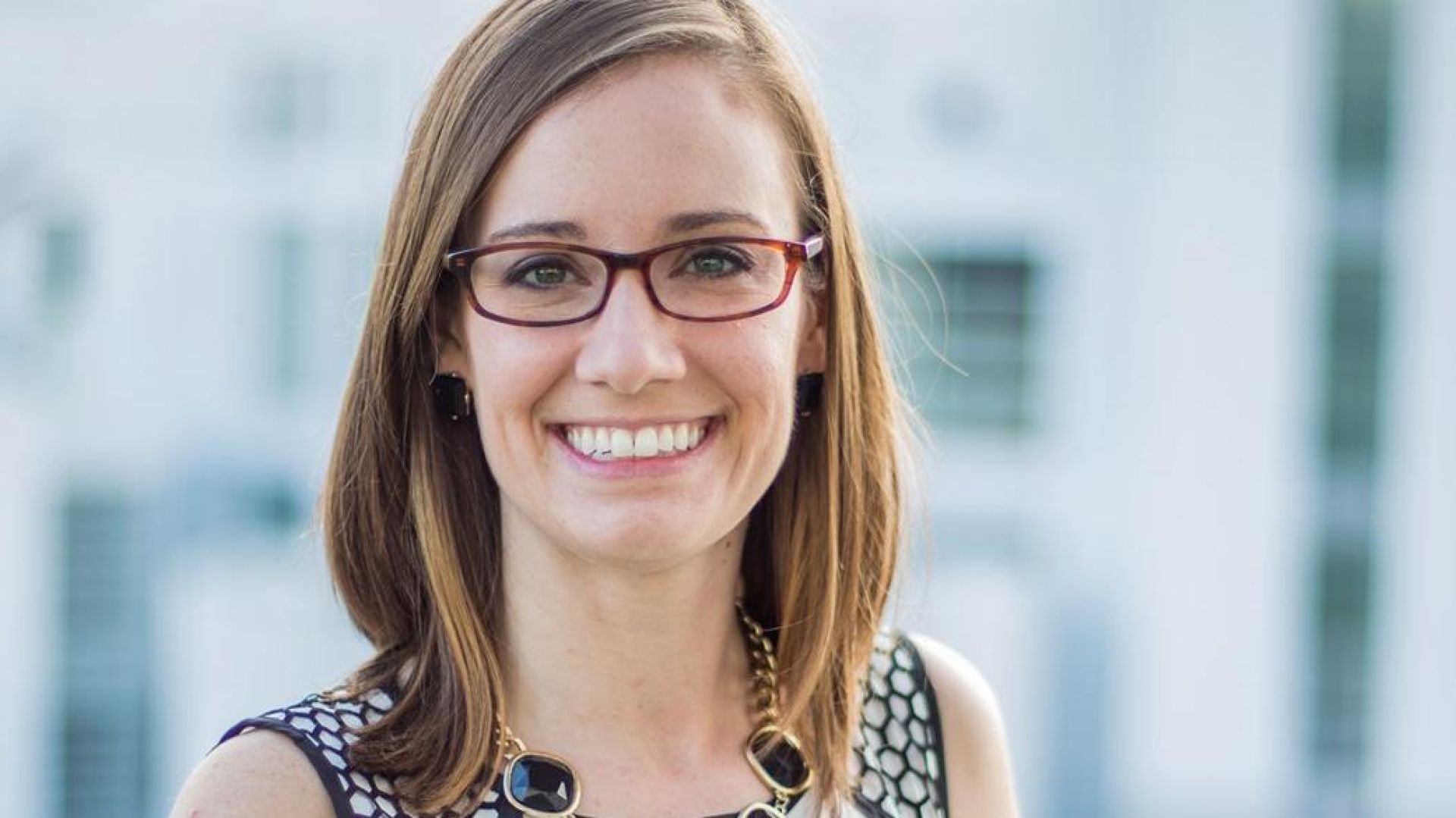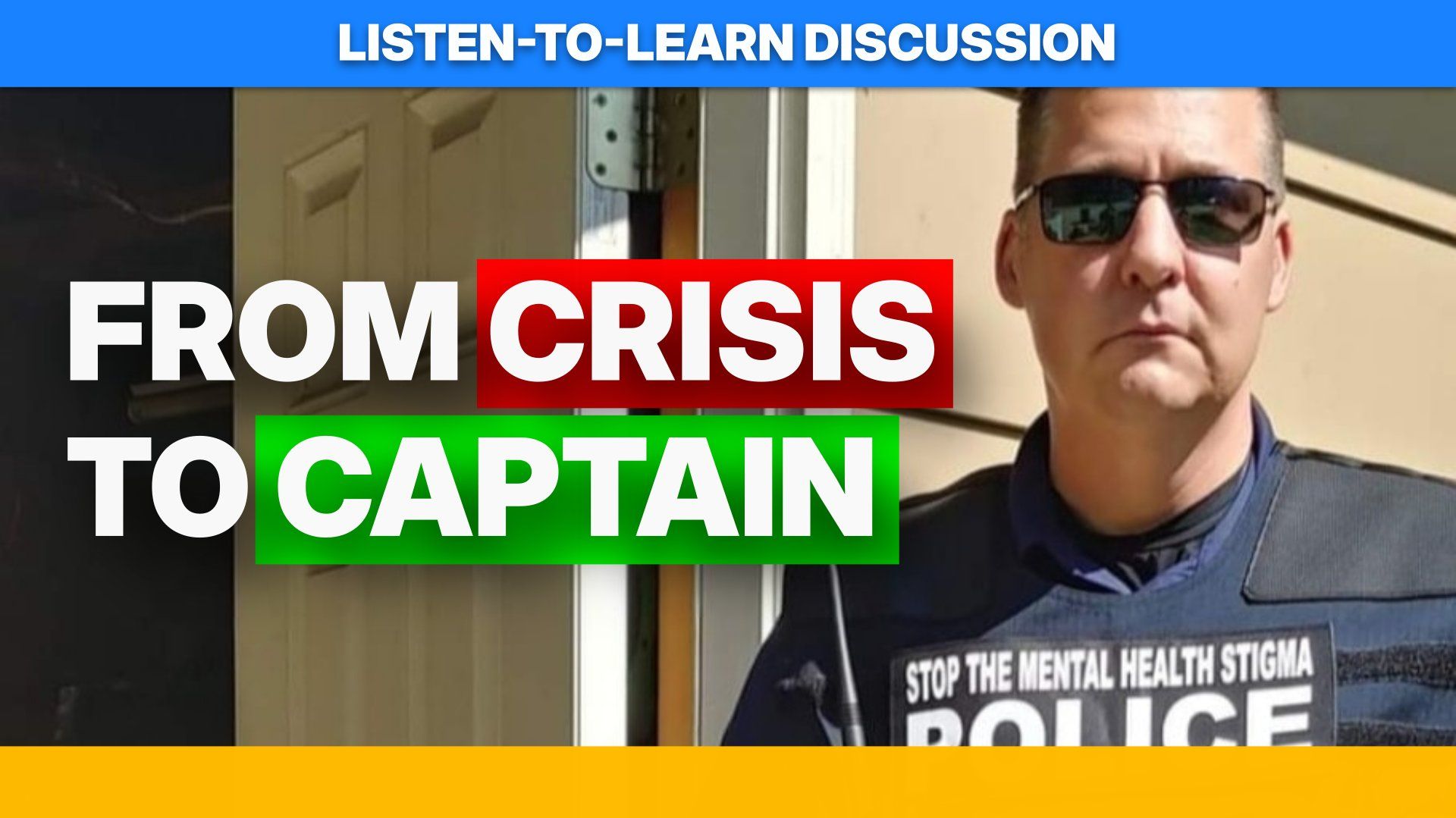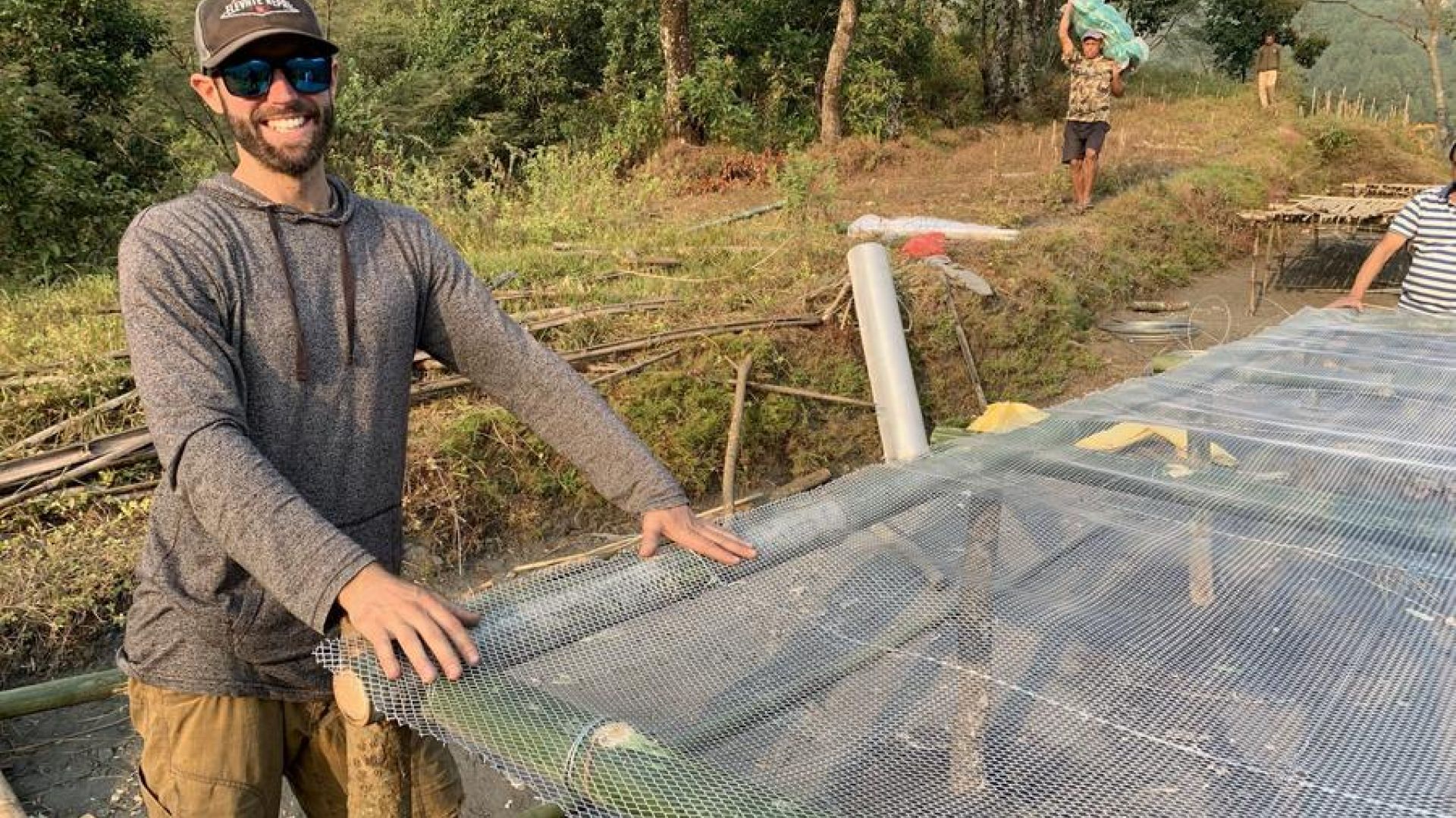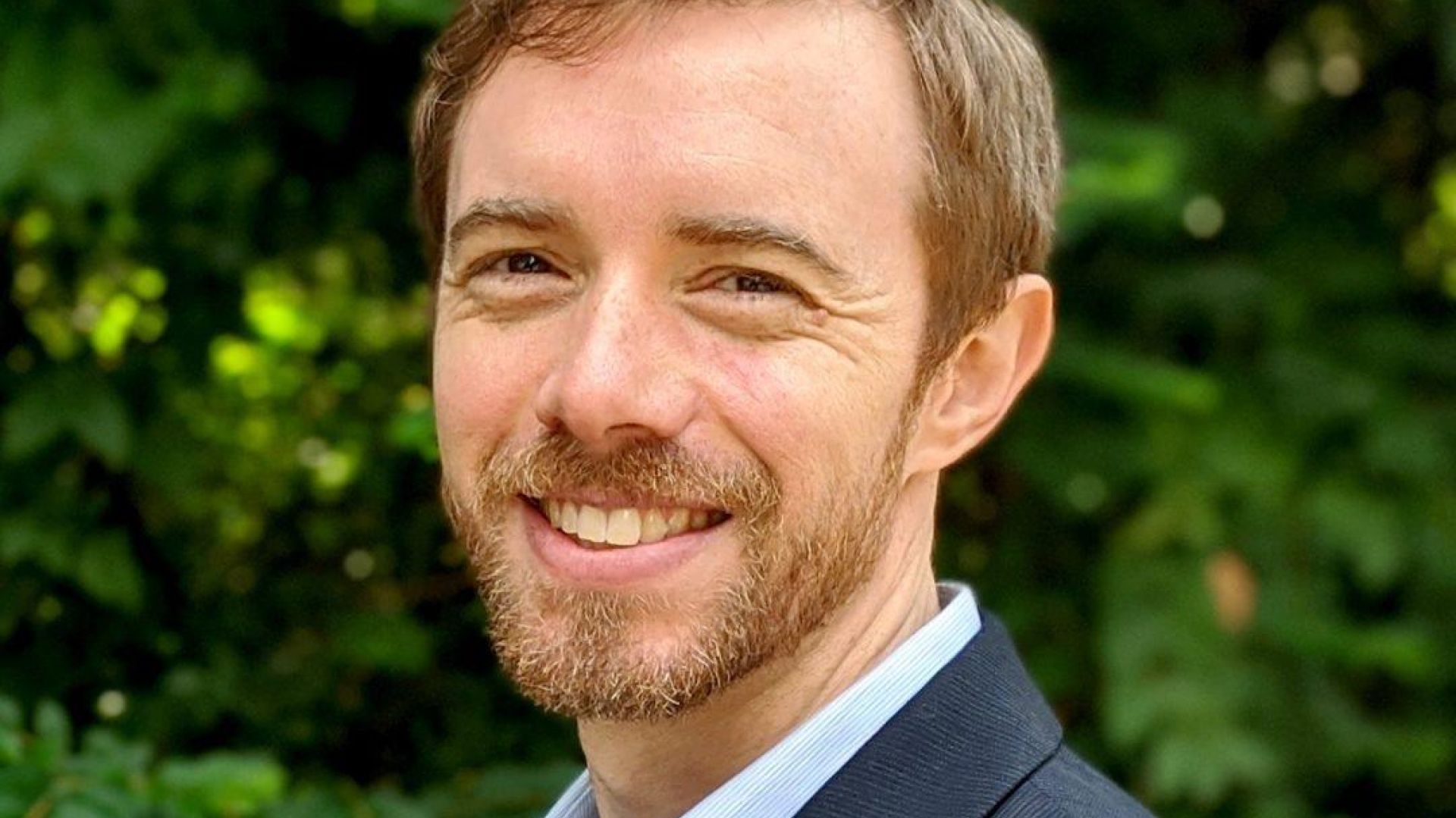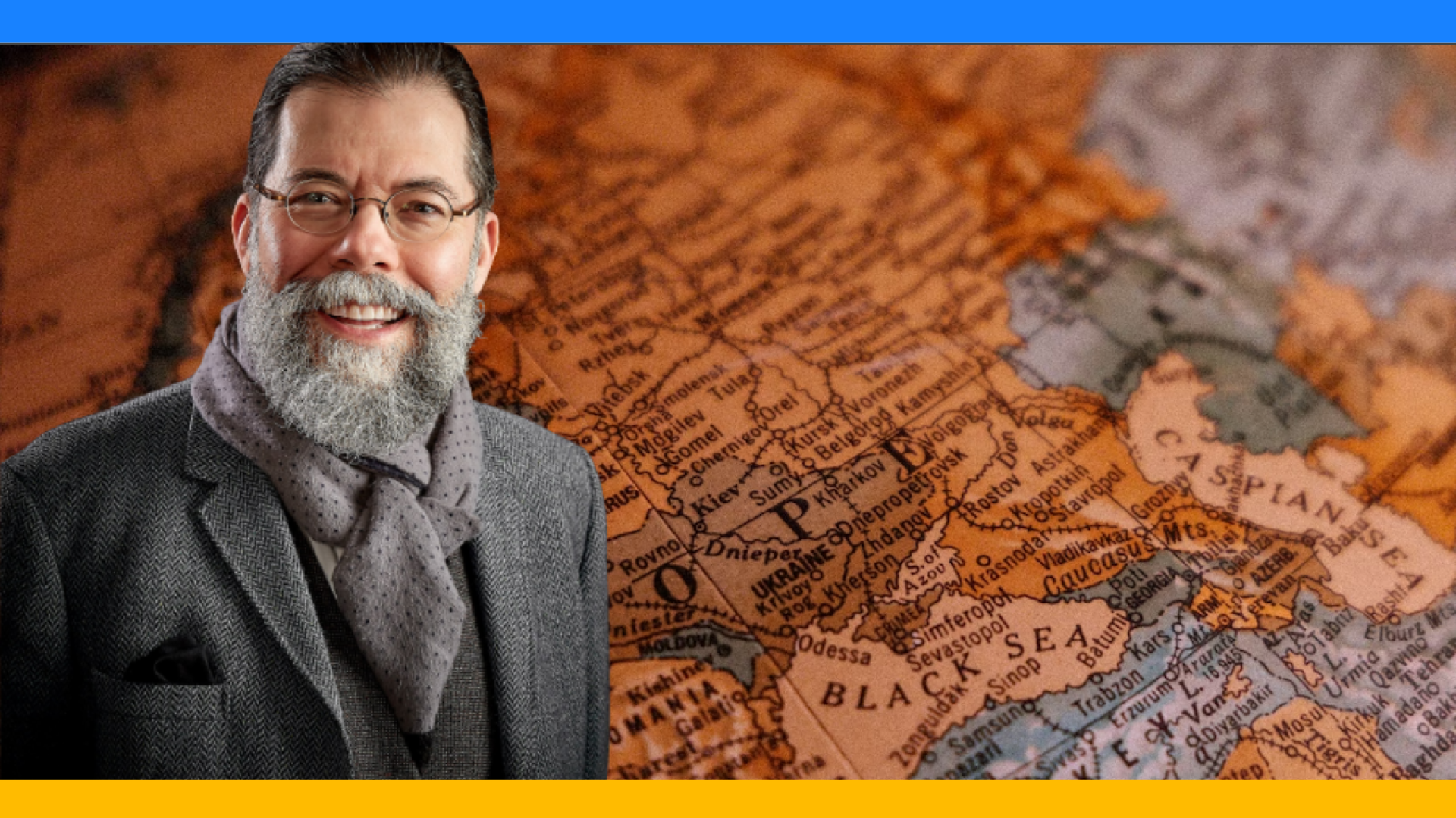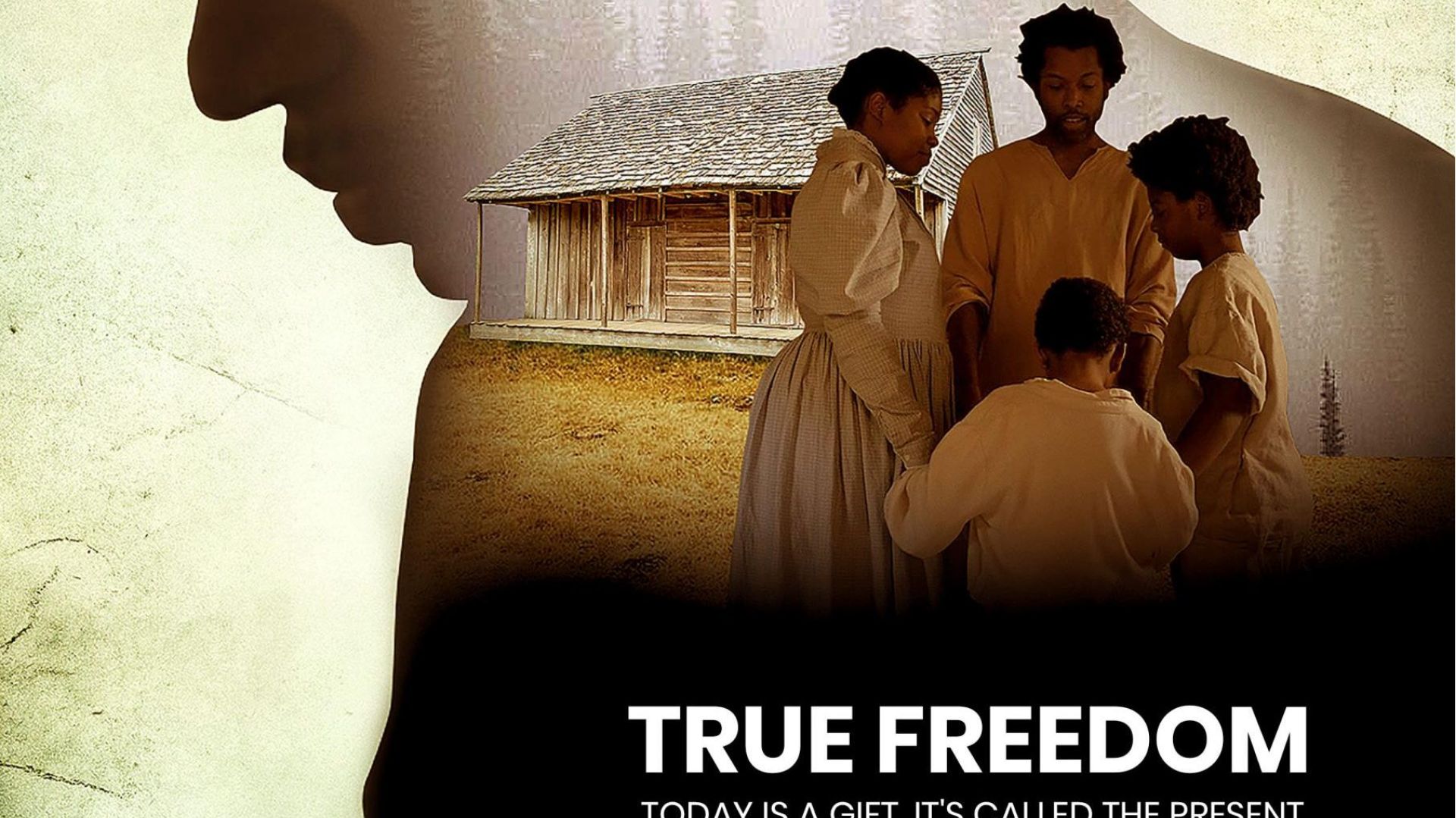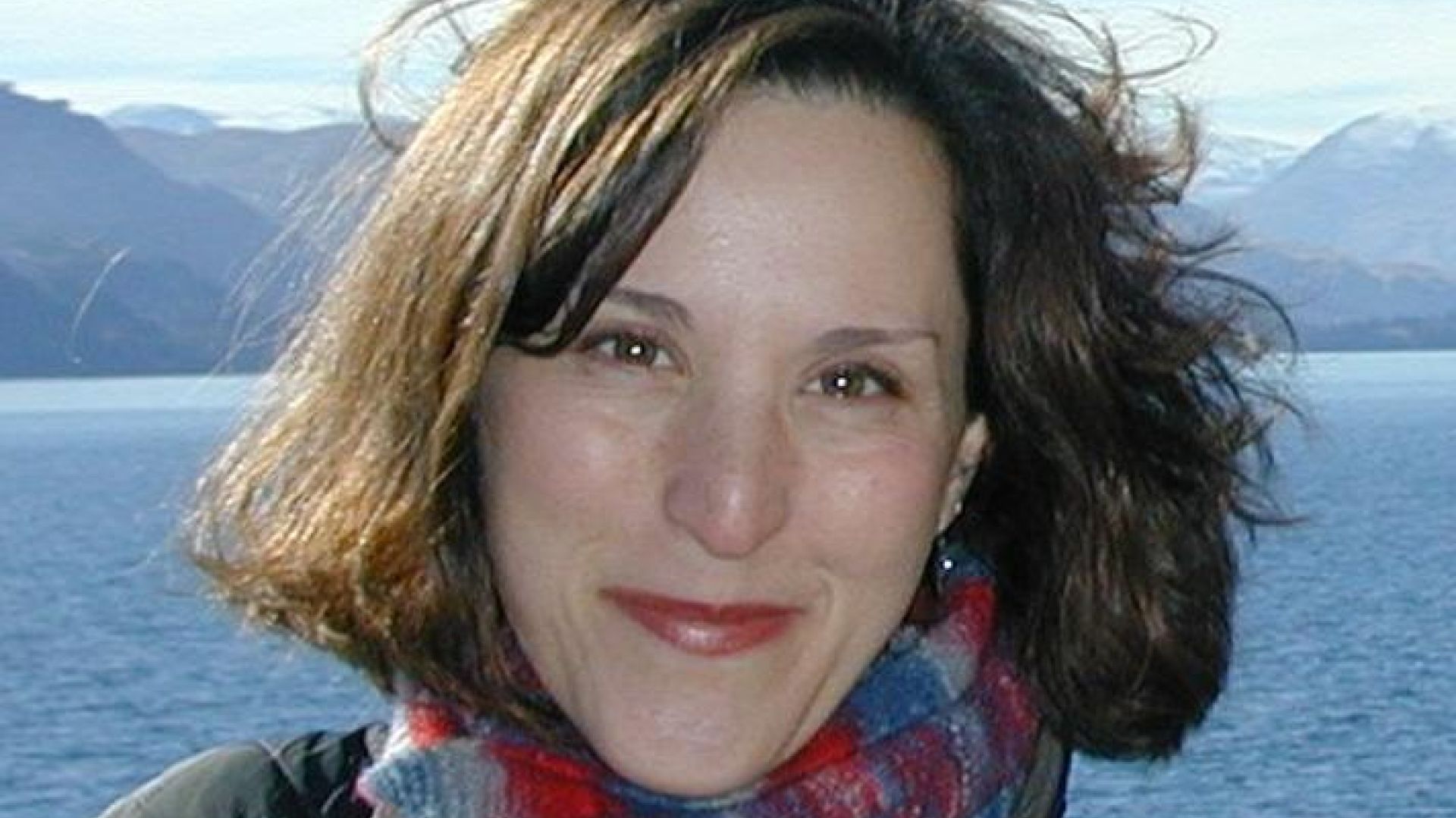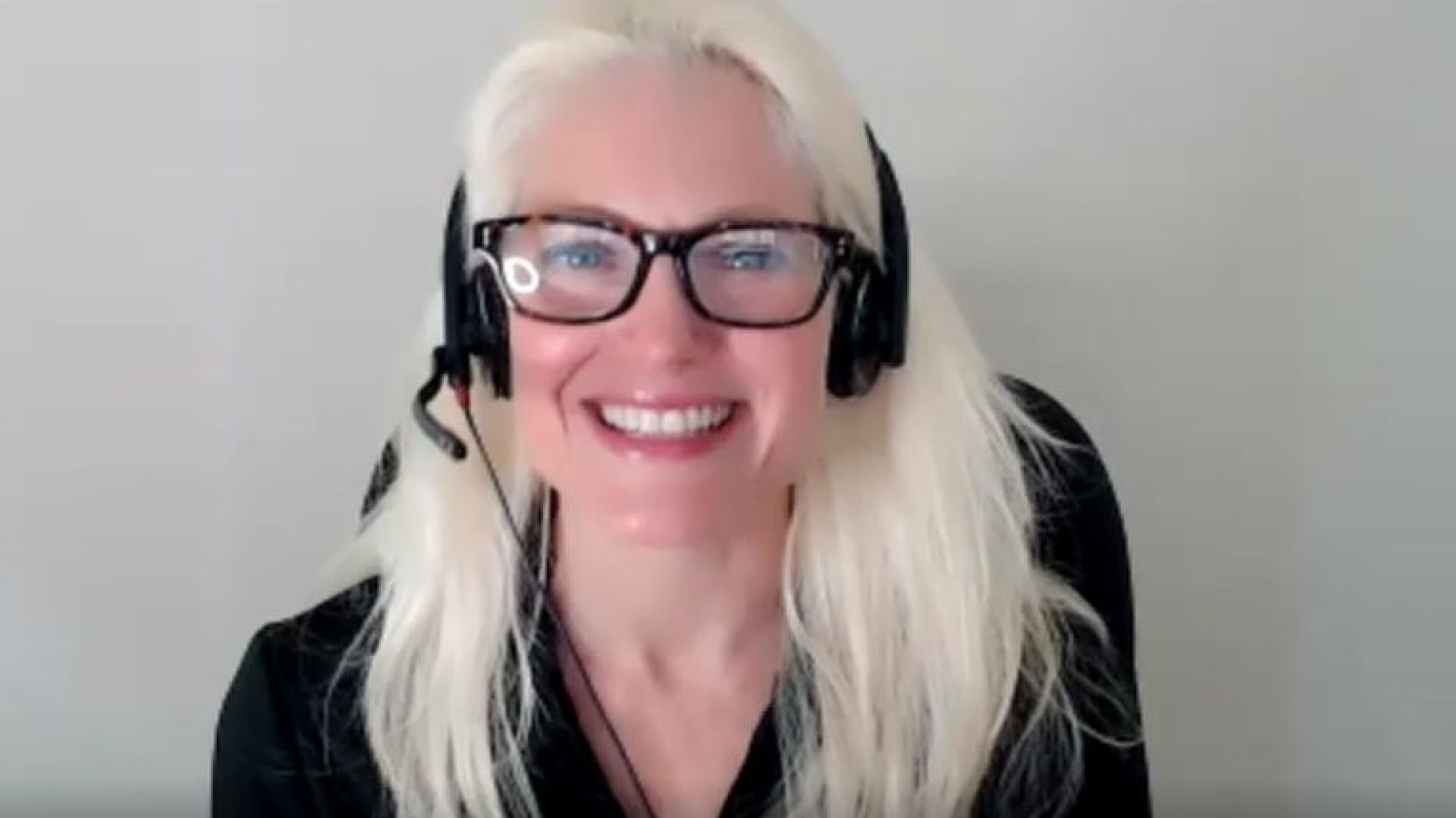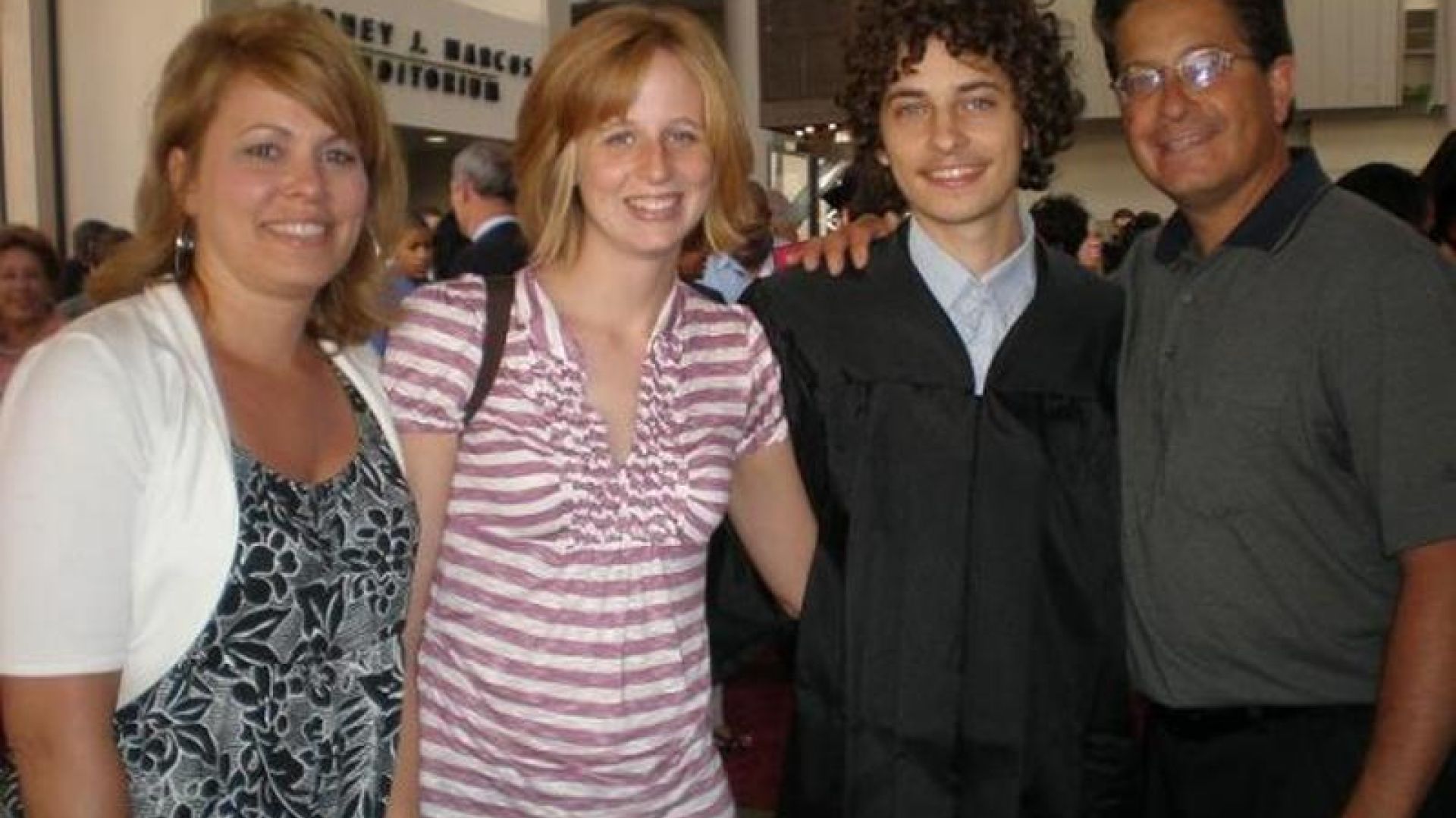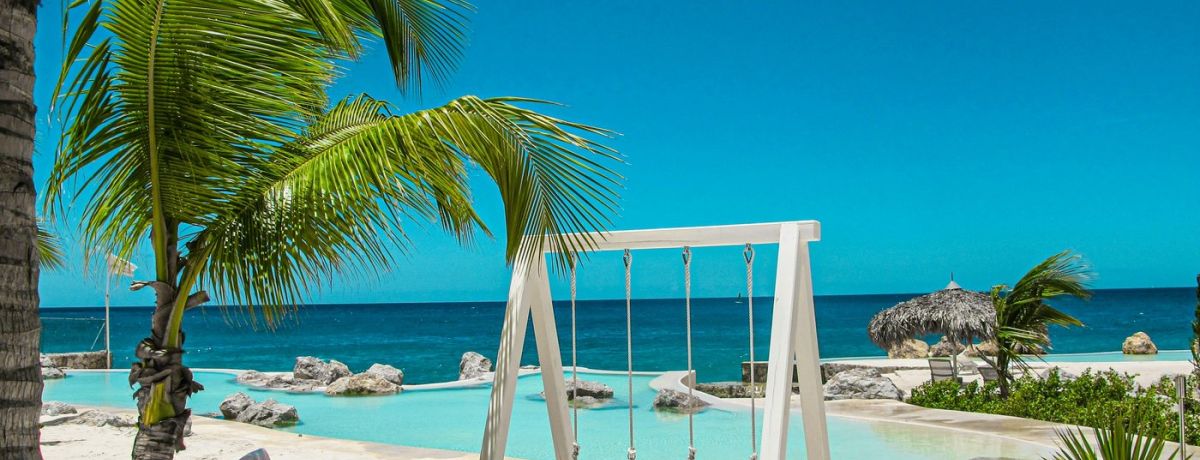
How To Retire In Paradise on a Shoe String Budget With Dawn Fleming
What if losing everything was the key to finding your dream life?
I had a conversation with Dawn Fleming for my podcast, and I discovered how the 2008 financial crash completely blindsided her.

She told me how one minute she and her husband were "living large," and the next they were "deeply underwater"—owing over $1.1 million on properties suddenly worth half that. The stress was so immense that she gained 40 pounds. For two years, she fought to fix it, only to get hung up on by banks.
But here’s where the conversation took a fascinating turn. She didn't fix the problem. She let it go.
In our interview, Dawn reveals:
- The one simple question from a coach she never even hired that "flipped a switch" and changed her entire perspective.
- The unbelievable moment they decided to literally jump on their sailboat, sail 5,000 miles, and just start over.
- Why she believes "the soul did not come here to retire," and the psychological trap that causes most people to fail in their later years (hint: it's not about money).
P.S. This was one of those conversations that sticks with you. It’s a powerful reminder that sometimes you have to let go and trust that it will work out.
- Watch: Click here to watch this discussion on YouTube directly, or click play on the embedded video above to begin streaming the interview. Click here to subscribe to my YouTube channel.
- Listen: Click here to listen on Spotify directly, or click play below to immediately begin streaming. You can also find this discussion on Pocket Casts, iTunes, Spotify, and wherever you listen to podcasts under the name Share Life: Systems and Stories to Live Better & Work Smarter or Jason Scott Montoya.
Connect With Dawn Fleming
- Connect with Dawn >>> Website | YouTube | Instagram | Facebook
- Buy Dawn's Book (Claim Your Dream Life: How to Retire in Paradise on a Shoestring Budget)
Additional Resources
- Rich Dad Poor Dad: What the Rich Teach Their Kids About Money That the Poor and Middle Class Do Not! by Robert T. Kiyosaki
- Path of the Freelancer
- Failing Forward by John C. Maxwell
- Video by Dawn > "Why do so many people die right after they retire?"
-
Video by Dawn > "How I Found a Dream Home to Fund My Retirement."
Podcast Episode Transcript
Jason Montoya (00:00) Welcome to a Listen to Learn episode of the Share Life podcast. I'm Jason Scott Montoya and today I'm speaking with the author of the book, Claim Your Dream Life: How to Retire in Paradise on a Shoestring Budget by Dawn Fleming. Dawn, say hello. Dawn Fleming (00:01) Good to be here, Jason. Thanks so much for having me. Jason Montoya (00:16) Dawn is the founder of a global coaching company, Midlife in Paradise. She is proof that you can reinvent your life at any stage. After losing nearly everything in the 2008 financial crash, Dawn and her husband Tom set sail on their dream adventure from California to Florida through the Panama Canal. Later, they relocated to live their midlife in paradise on the tropical island of Isla Mujeres, Mexico.1 With a background as a successful real estate entrepreneur, licensed attorney, and mentor, she combines decades of experience with her transformational journey to guide others. So Dawn, to get us started, let's dive into your story. Tell us about the 2008 financial crash and losing everything. Dawn Fleming (01:05) That was a wild ride. I'm sure people listening have been blindsided before, like a meteor strikes and you're like, "Whoa, what was that?" That's what happened to my husband and me. We were living large in Orange County, California, in 2008. We bought our dream boat; the flyer had hung on our refrigerator for five years. Jason Montoya (01:34) How old were you guys at the time? Dawn Fleming (01:34) I was 48, and he was 58. He's 10 years older than I am. We had just bought a business with a partner. He was doing high-end surveillance systems as an electrical engineer for governments like the Port of LA, Dallas Fort Worth Airport, and the White House. (01:58) I took some equity out of my house to buy the business, and we had a nice little house in Orange County. Then I bought a couple of rental properties in the Panhandle in 2005, and everything was going great. We were probably making about a quarter-million dollars, which isn't that much in Orange County, but it was good for us. Then all of a sudden, things just collapsed. Tom's phone stopped ringing because the governments went broke. I had transitioned out of practicing law and was doing employee benefits with a legal services company. All my companies were having massive layoffs or closing their doors. My tenants moved out of the houses I had in the panhandle. I couldn't rent them, and I was deeply underwater. Suddenly, we went from doing great to owing over $1.1 million on property that was suddenly worth $600,000. Having a background in real estate and mortgage banking, I did not see the great financial crisis coming. I had no idea. If you haven't seen the movie The Big Short, watch it. We spent two years trying to fix it. I gained 40 pounds. One day I called Bank of America, they transferred me 10 times and eventually hung up on me when I was trying to get a loan modification. I had a call with a coach, a complimentary consultation, and he just asked me one simple question. He goes, "Dawn, what would your life look like if you were not emotionally attached to your real estate?" (04:21) I had never missed a payment on anything in my life until that point. I had perfect credit. I told him, "My life would be pretty good if it wasn't for this damn real estate problem." He said, "Well, that's a choice." It was like somebody flipped a switch. At that point, I said, "You know what? I've been trying to fix this problem for two years. I'm not getting anywhere." (04:49) We had wanted to get out of Southern California and go to Florida, but we were stuck. I realized this market wasn't coming back anytime soon. So we literally put the key under the door, jumped on the sailboat, sailed 5,000 miles through the Panama Canal, and just let go. We moved our stuff into storage so it was waiting for us in the Panhandle and just started over. Tom got a job for the first time in 25 years at 60 years old. (06:05) I launched a new business with friends from the old legal services company who went to an anti-aging startup. The company did $100 million in its first full year. It was a great opportunity. Sometimes we hold onto stuff way past its expiration date. The universe just says, "Let go, I gotcha." It took us a while to recover, but it was the best decision ever. Jason Montoya (06:46) Yeah. So talk more about that idea of letting go, releasing. Dawn Fleming (06:50) It dives into another topic: change. I like change, though not those kinds of changes. The older you get, you realize they do happen. Something similar, though not to that extreme, happened eight years later in 2018.2 I was terminated from the company I had started, for no fault of my own. We lost a multiple six-figure income overnight, out of the blue. Thankfully, we were ready that time. We had a plan B and had done things differently to make sure all our eggs were not in one basket. It saved us. It could have easily been a repeat of what had happened eight years earlier. Jason Montoya (07:40) That was in 2018? Dawn Fleming (07:48) 18. We had gotten back on our feet and were making a good income again. Tom retired. We dug out from being below zero. I think we were about $70-80,000 in credit card debt, plus the houses. I was somehow able to do loan modifications or short sales; nothing went into foreclosure. We were living in South Florida. Northwest Florida was too cold, Southwest Florida was too old. The average age was like 70 in our town. At this point, I was 55, and he was 65. I'm like, "Honey, we got to get out of here. We're going to die." So I said, "Let's go to Isla." We had stopped in Isla Mujeres. (08:45) Isla Mujeres, that's how you pronounce it. The J is pronounced with an H. I've been going there since 1992. It was my happy place. We'd always go for incentive trips from our network marketing career. We'd stay in Cancun but spend four days on the island, dreaming and looking at real estate. So when we recovered and were ready to buy again, we looked at property from Sarasota down to Naples. Everything was a million bucks. We have our big sailboat and want our boat out front. That's why we came to Florida. I said, "Honey, I got a bad feeling about this. I don't want to do this." Hurricane insurance, real estate taxes for waterfront... you're talking a grand a month before you ever think about a mortgage. I said, "Let's go to Isla Mujeres and check it out." (09:43) The ability to understand that change is inevitable and not fight it is key. Just say, "Okay." Keep the curiosity, keep the fear at bay, and have the courage to know there's something really cool waiting. There's so much we can't control. You watch the news, and it's doom and gloom. Sometimes you just have to turn it off and focus on the positive. Monitor that input—garbage in, garbage out. That was a life-changing thing for Tom and me. We gave up the LA Times. Every morning it was breakfast and bombings. We just started reading personal development books, 10 pages of a good book a day. Turn that other stuff off. You have to be discerning about what you allow into your brain space. Jason Montoya (11:09) Let's say something like the crash of 2008 is coming our way. Cycles come and go. What advice would you give for people to prepare for that, and in the middle of it, how to survive? Dawn Fleming (11:37) Great question. The biggest thing that drives me crazy is the lack of financial literacy. People don't take the time to learn. Those who refuse to learn from history are destined to repeat it. When I started my legal career, I worked in the mining industry doing contracts for copper, gold, and silver facilities. So I got an introduction to a 5,000-year-old industry. Everybody's hyped on tech. I was a securities lawyer in 2000 and saw the behind-the-scenes of the dot-com bomb. There were no fundamentals, no revenue, much less profit, with these companies. (13:01) We're kind of seeing it with AI, in my opinion. There are certainly opportunities there. I use it as a tool to help me with ideas and copywriting. But you can't let it overtake your voice. You tweak it; you don't copy and paste. And for heaven's sakes, don't rely on their citations. Make sure it's real. It's a tool; it's not in charge. I'm a big believer in precious metals. There's a chapter in Claim Your Dream Life on taxes and finances. It's not how much you make; it's how much you keep. If you understand fiat currency, deficit spending, and the national debt, it's frightening. It has happened many times through history. Fiat currency never lasts. What happened? Nixon took us off the gold standard in 1971.3 If you understand that, it's going to help you protect yourself personally and make better decisions about where and how you invest. You're going to be a better voter because politicians won't be able to lie to you. (16:15) One of my big pet peeves is people not taking ownership of their own finances. They say, "I let my financial planner take care of that." How many celebrities get taken to the cleaners by their trusted advisors? There is nobody that cares more about your finances and your investments than you do. So take that responsibility to educate yourself. I'm not talking about watching TikTok videos. Do some real digging. There are great sources of information out there. Jason Montoya (17:14) I'm 40 now, and I've come to realize just how important it is to be willing to reinvent ourselves over and over, which can be very painful. Talk to us about reinvention, particularly as it relates to getting older. Dawn Fleming (17:35) It's not sexy, but it's really important. If you do it enough, it becomes a skill. I started my career in real estate because when I was 16, in 1978, I worked at a real estate company. The career options for women were not very good. I watched these successful female realtors making as much money as men, having time freedom, and being paid what they're worth. I was like, "I want to do that." (18:34) Fortunately, my mother-in-law at the time said, "I think you should go to college." No one in my entire family had ever been to college. I was blue-collar all the way. I was able to go to the University of Minnesota and got a degree in anthropology. I ended up working in loan servicing, got my real estate license, and went into mortgage banking. I learned all facets of that industry. Then I put my first husband through medical school. We did high school, college, medical school, residency, and then... see ya. So here I am in SoCal, working on straight commission. I was tired of the roller coaster ride. In a moment of insanity, I decided to go to law school at age 31. I got in and out, passed the bar the first time, and landed a dream job. But I quickly discovered after practicing for about seven years as a securities lawyer that I hated being chained to a desk. I was a transactional attorney, pumping out legal documents 8, 10, 12 hours a day. It was not what I wanted. People used to tell me, "Dawn, you don't seem like a lawyer." I'd say, "That's because I'm not. It just happens to be what I do for a living." (20:54) While I was really good at it, if it doesn't light you up and bring you joy, why bother? I affiliated with a legal services company and sold their plans because I was turning away business every day. My girlfriend said, "Hey, there's a convention in Las Vegas, you want to go?" I said, "No, I hate Vegas." But I was curious. The keynote speaker was Robert Kiyosaki. If you haven't read Rich Dad Poor Dad, I highly recommend it. It changed my life because I realized that as an attorney, I just owned my own job. I was hearing about B-quadrant and I-quadrant business owners and investors. I was kind of pissed, thinking, "This is what rich people teach their kids." I went home from that convention, and I did everything they told me to do in the network marketing business. At the end of that year, I closed my law practice. I replaced my income my first year full-time. It was the best thing I could have done. The beauty is I still get paid today from that work—residual income. If you can find a way to earn residual income, I'm all about it. I don't trade time for money anymore. (25:11) I met a speaker at a networking event. He gave a great talk on the importance of mentorship. One of my mentors had passed away, and I was a little lost. I met the speaker for coffee and asked him, "Would you consider mentoring me?" Thank God I asked him before I knew that much about him because his bio was so intimidating. He helped me. He put me through an exercise that I now teach called your "freedom formula." It's matching up your skills and your passions to find work that resonates. It sounds simple, but it took me a while. (27:07) What happened was, when we got to Panama City and I was dealing with those foreclosures, my friends called me about this new business opportunity. I had already done that work. I knew my passions and skills—meeting new people, networking, speaking, teaching, training—lined up perfectly with my freedom formula. I knew it was a yes. If you do that work, then when an opportunity comes your way, you'll know. It sucks to have a job that you hate. Life is way too short. Jason Montoya (28:40) You wrote this book and talk about living the dream life, sailing around the world and living in Mexico. For people interested in taking that step, what would be your advice? Dawn Fleming (29:07) One of the things I talk about in the book is, wherever you go, there you are. You have to be running to something, not away from something, because your problems will follow you. Paradise is really internal. You have to find your internal paradise and not think that geography is going to solve all your problems. (29:59) The other thing is clarity. You have to find out what your fundamental interest is—the one thing you really want. It's true as an individual and as a couple. A classic example: my husband Tom took me sailing on our first two dates to make sure I didn't get seasick because that was a non-negotiable for him. He would have kicked me to the curb. For me, I'm a cat lover. If a guy is allergic to cats, bye. That's not going to work. There are certain things that are important to us, and we have to recognize those. (31:26) Then, identify a couple of places. Dreaming is free. I used to build dream boards by cutting pictures out of magazines. Now, we can just go online and search for images. I have screensavers with my dreams. It stimulates your subconscious because your subconscious speaks in images, not words. (32:52) The process I recommend in my program is "vacation with a purpose." If you're thinking you might want to live somewhere, go there for your vacation. The next step is a "beta test"—a one-month, two-month, as-long-as-you-can stay. Try it before you buy it. Live like a local. Rent an apartment, go to the market, and do the things you would do if you were living there. And I always, always recommend renting before you buy. We rented in the Florida Panhandle and realized it was too cold in the winter. Then we went to South Florida for four years. It was nice, but we used the Goldilocks method to find what was "just right." Jason Montoya (34:20) You're someone who talks about retirement but has an interesting relationship with the word. Talk to us about the evolution of retirement and what it looks like now. Dawn Fleming (34:44) Jason, I believe the soul did not come here to retire. One of my recent YouTube videos was "Why do so many people die right after they retire?" It's the lack of purpose. Everybody's worried about money in retirement, but as it turns out, most people don't fail financially; they fail psychologically. There's so much you lose that you don't realize: your identity, your power, your relationships, and a reason to get up. (36:13) Retirement is a fairly recent concept. It came about in this country after World War II as a way to get people to leave the workforce when all the soldiers came back. In many cultures, like the Mexican culture, you have multi-generational households living together.4 Grandma takes care of the kids, parents work, and everybody contributes. The elders are honored. It's not about discarding you when you get old. (37:34) My mother is 83 years old. My brother said to me, "Dawn, Mom doesn't seem any different at age 80 than she was at 60." I said, "I know, isn't that awesome?" She takes care of a woman who is about to turn 100. She's also the treasurer of the shuffleboard team. She has meaning and purpose. I have to get out her calendar to schedule a spa day with her because we have to work it around her social schedule. She is so active and has that purpose. (40:25) One of the things that will help you live longer is having a positive outlook on aging. People with a positive outlook statistically live seven years longer than someone with a negative view of aging. Jason Montoya (40:35) So what does that specifically look like for you? Dawn Fleming (40:42) I'm really excited about the scientific advances coming, whether it's gene repair or new treatments. I read a study this year that discovered our cells have the ability to regenerate themselves all the way up to 120 to 150 years. My classmates are coming up on our 45th class reunion, and I want to slap them when they say they're old. If we can live to 120, then 60 is only halfway. It's about reframing what aging means and what's possible. One of my mentors used to say, "We dig our graves with our teeth." We can control what we put in our bodies and how much we move. Jason Montoya (43:33) Part of the reason we ended up in Atlanta is because my great-grandmother lived here. She was 99 when we moved here, and she lived another 10 years. I got to spend the last 10 years of her life with her. Her husband died when she was in her 60s, so she lived an entire lifetime without him. It's just wild. Dawn Fleming (44:28) I've studied the blue zones, and it's really about implementing some of the things that are known. We're not always in control. COVID is a perfect example. We couldn't control COVID, but I looked at it as an opportunity. A lot of people binge-watched Netflix and gained weight. I thought, "What can I do now that I couldn't do before?" I painted a mural on an 11-and-a-half-foot ceiling wall on our pool patio. I went out and painted every day. (46:10) That's actually where I developed the workshop that ultimately became the book. Playa Norte, our beach, has been ranked the number one beach in all of Mexico.5 We would go to the beach to relax, and my husband, who has never met a stranger, would strike up conversations. He was prospecting for our property. They would ask him, "Where are you from?" He'd say, "I live here." And they would go, "What? You live here?" Then they'd ask, "You bought property? You mean you can own property in Mexico? How does that work?" This happened over and over. (48:01) So during COVID, I developed a workshop called "How to Live in Paradise Without Worrying About the Price Tag." That ultimately became the book, but it was really about blowing up the myths: that the healthcare isn't as good, it's too expensive, or there's not as much opportunity. Then, my girlfriend told me about a "write a book in a weekend" workshop. It was actually "write a book that sells." They gave us this framework, and I said, "This is my workshop." So I don't do the workshop anymore because it's in the book. Jason Montoya (49:40) That's similar to how I wrote my book, Path of the Freelancer. People kept asking me how I was succeeding as a freelancer, and I thought, "Okay, I better put all this in a book, and then I can just sell you the book." Dawn Fleming (50:00) Exactly. And I even recorded my own audiobook, so you can listen to me walk you through it. Jason Montoya (50:20) As we wrap up here, is there anything you wanted to share that you didn't get a chance to yet? Dawn Fleming (50:27) I guess the thing I feel called to share is don't pay attention to the outside noise. I heard a saying I love: "The mind shouts, the heart whispers." Getting quiet enough to listen to that heart whispering to you is what I would encourage people to do. There's so much noise out there. Turn it off. Ask yourself, "What do I want? What are the obstacles in my way? And how can we get those obstacles out?" Jason Montoya (52:39) You talk about the deaths of despair and lack of purpose, and then you hear people list all the reasons why something isn't possible. I think something is holding them back from seeing what they want and moving towards it. Perhaps the fear is, if I really lean into what I want and then realize I can't have it, it'll just make me feel worse. What would you say to that? Dawn Fleming (53:08) I think that's real. My mentor always said you need to make a plan. You create a plan and you start marching forward. It's the movement that causes these other things to come at you from the side. So it may not be that your original plan comes to fruition, but if you didn't have that plan and you weren't moving forward, the cool thing would never appear. Jason Montoya (54:14) I can relate to that. I've been podcasting since 2020 and never thought of YouTube as a business opportunity until the end of last year. Then I had a video that went mini-viral, and it opened my eyes to this opportunity. If I hadn't started the podcast, I may not have stumbled upon this other thing. Dawn Fleming (54:37) It's that momentum. Sometimes those first couple of steps are really hard. I was terrified during my very first podcast interview. But what saved me was my natural curiosity. I kept meeting cool people on the island with amazing stories. The first time you do something, it can be terrifying. You just have to have the courage to push through that fear. Then you go, "That wasn't so bad." John Maxwell's book, Failing Forward, is a great read if you're afraid of failure. That's the only way you get there. You talk to any successful entrepreneur; this might be their fifth or sixth business. They kept trying. Jason Montoya (57:20) Who's a good fit to pick up your book or your coaching services? And where can they find them? Dawn Fleming (57:31) My sweet spot is the 45 to 65 age range, either thinking about retirement or maybe wanting early retirement. I worked with one couple who came to me with a five-year plan for early retirement. We worked through the program, and their timeline shrunk to 10 months. It was the clarity they gained. (58:26) Tom and I had nothing saved for retirement. We were financially wiped out in 2010 with virtually no retirement savings at ages 50 and 60. Those are the folks I'm passionate about helping because they might feel like it's a lost cause. I just think that's not true. We took our small nest egg, cashed out our retirement, and used it for the down payment on the house in Mexico, getting seller financing. We saw the potential of what it could be and went about creating it. One of my YouTube videos is called, "How I Found a Dream Home to Fund My Retirement." It's not a home where you live; it's a home that funds your dreams. (59:51) Especially when you add in the life expectancy we're talking about. If you're 60 or 65 and you think it's too late, dude, you're just getting started. We've all been gifted an entire adult lifetime on top of what used to be. That's a huge opportunity to reframe the whole process of aging and retirement. (1:02:03) YouTube is probably the primary place to connect with me. I've created so much free content there, and there are links to my book. The book is also on Amazon and wherever books are sold. I have a website called paradiseroadmap.com with some free resources where people can learn more about what I do. Jason Montoya (1:02:25) So, paradiseroadmap.com. Cool. Well, Dawn, thank you so much for sharing your wisdom and insights with us. I'm Jason Scott Montoya, and this has been another episode of the Share Life Podcast. We'll see you on the next one.
